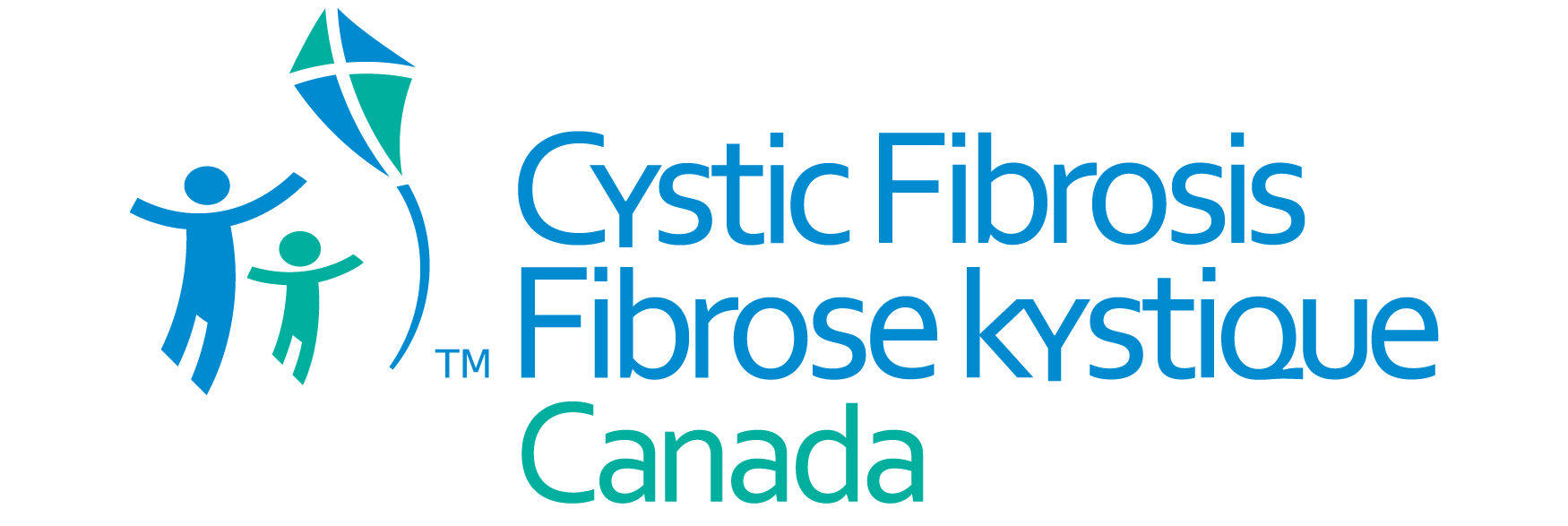Sorry! Page Not Found

A few ideas to find what you're looking for:
Connect with us
Check out our site map
Explore CF resources
Read our blog
Get the latest news
Discover our events
Support the CF community
Thank you! Your contributions help Canadians with cystic fibrosis live without limits
